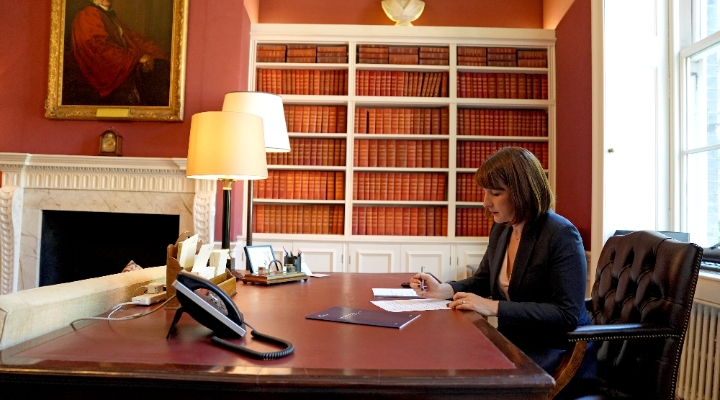Five million Britons have admitted they are relying on their property to provide them with an income in retirement - an increase of 11% on the previous year.
Despite a stagnant housing market outside of London and the South East, those approaching retirement have chosen to depend on property to provide their income - citing stock market turbulence as the reason they avoid pension plans.
The survey, conducted by Barings Asset Management, found that the number of people saying they now plan to sell or downsize a property to fund all of their retirement has doubled since last year.
Marino Valensise, chief investment officer at Barings, warned that property prices can be volatile - and therefore relying solely on one asset class to provide retirement income can be risky.
"It is worrying that the number of people relying exclusively on their property to fund
retirement has increased," he said.
"Property can form part of a risk adjusted, diversified investment portfolio but this year’s survey indicates that more people are investing in property as a retirement source and the concern is that this could mean they are over-concentrated in the asset class."
This week the Intermediary Mortgage Lenders Association (IMLA) predicted house prices could rise 11% by 2016 thanks to the flood of first time buyers expected to enter the market thanks to the Government's Help to Buy mortgage scheme.
The IMLA forecast that the average house price would have risen 2.7% by the end of this year.
Despite these forecasts, Valensise said that workers must not bank on their property rising in value sufficiently to fund their retirement.
"Young and old need to fully appreciate the level of risk involved in expecting to fund your retirement through the use of a volatile asset such as their own home, or from other properties such as buy-to-let," he said.
"Investing for your retirement is about long-term planning and as people are living longer, more emphasis needs to be put on how a lengthier retirement will be funded. It is imperative that people diversify their investments through a range of assets which can, of course, include property.”




























